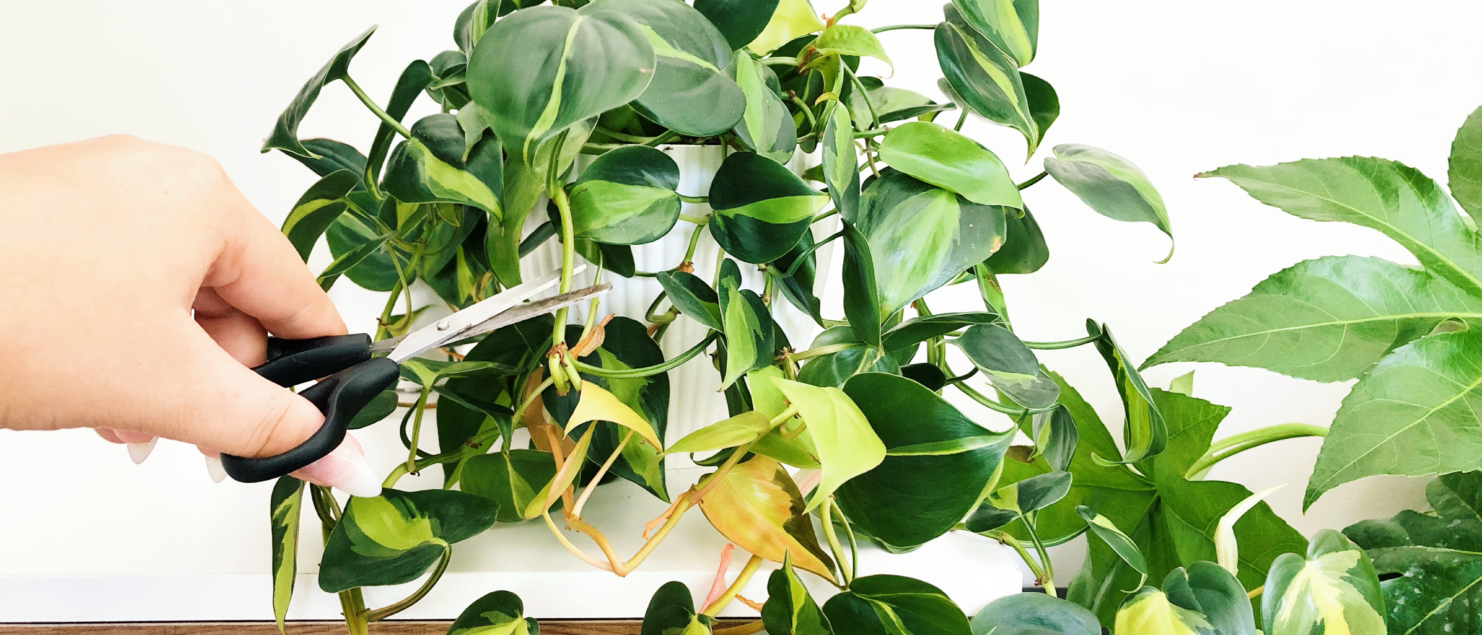Illegal Houseplants? Understanding Plant Patents
Over the last few years plants have been booming. We can all point our finger to the pandemic due to all of us being cooped up in our homes and needing a hobby. But you never think that this seemly innocent hobby could become illegal.
Buying and trading houseplants with the ever so growing plant community could come with some legal action if the plant your snipping and trading holds a patent and that patent holder wants to come after you. Some pretty common houseplants are among those that have been patented, but what exactly is a plant patent and how does it affect the consumer?
*This article is not posed as legal advice. Only to give you some insight into understanding plant patents.
What Is A Plant Patent?
Patents are legal documents that prevents you from stealing, selling, creating, or buying something without the creators consent. When an inventor creates something, they often want to obtain a patent so their creation can’t be knocked it off and claimed as someone else’s. They spend so much time mastering their creations that they want to protect it – well, same goes for cultivators.

In the spring of 1930, the House of Representatives passed the Plant Patent Act. This was put into place to protect creations that horticulturists have created such as fruits, vegetables, flowers etc. Only excluding plants classified as “tubers” like potatoes, hence why there are so many potato farmers. These patents protect those who have bred a whole new species/variant. Patents are only held up when a new species is asexually produced and not found in the wild.
What Does This Mean For Houseplant Hobbyists?
When a plant has a patent on it, it means you cannot sell, distribute, or even propagate the plant asexually without consent from the patent holder.
WHAT?!

That means that if you take a cutting of a plant (that’s patented), even if you bought it and propagate it and give it away or sell it, you’re committing a crime. Chances are the police probably aren’t going to bust down your door because you have a full propagation station – but you could face legal action if the patent holder decides to do so.
How To Find Out If Your Houseplant Is Patented
When buying a plant at a shop look for the ™ (which means trademark) above the plants name, or even a patent number. This can give you all the information on the patent, like when it was put in place and who owns it.
There also may be a PPAF by the name and that stands for (Plant Patent Applied For) which means that the patent is in the works, for that plant but not in place yet. Until a plant is officially patented you are free to do what you’d like. Make sure if you have a plant that is under a PPAF that you check back periodically to make sure the patent isn’t currently active.
There are many small plant shops and nurseries that may not be labeled correctly. A quick google search can let you know whether it’s held under a patent or not.
Here are some common houseplants that you may not know are patented:
- Golden Bay Aglaonema
- Philodendron ‘Brazil’
- Tradescantia Nanouk
- ZZ Raven
- Global Green Pothos
- Pearls and Jade Pothos
- Manjula Pothos
There are many resources and sites that can let you know whether your houseplant is under a patent or not.
Plant Shopping Just Got Harder
There are many people who a torn between whether they agree that plants should be patented in the first place. On one hand, it protects the creations these horticulturists have been working tirelessly over. But on the other hand it limits the freedom you have over your own plants that you’ve purchased.

If you’re really itching to propagate a plant that holds a patent you can reach out to the patent holder and ask permission. It’s going to be solely up to the holder whether you can disperse that plant out or not.
Understanding plant patents are something that all plant parents need to know. Just be careful with what you do with your plants and keep an eye out for patents when buying new ones.
I hope this article helps you plant parents out there in understanding plant patents a little more.


